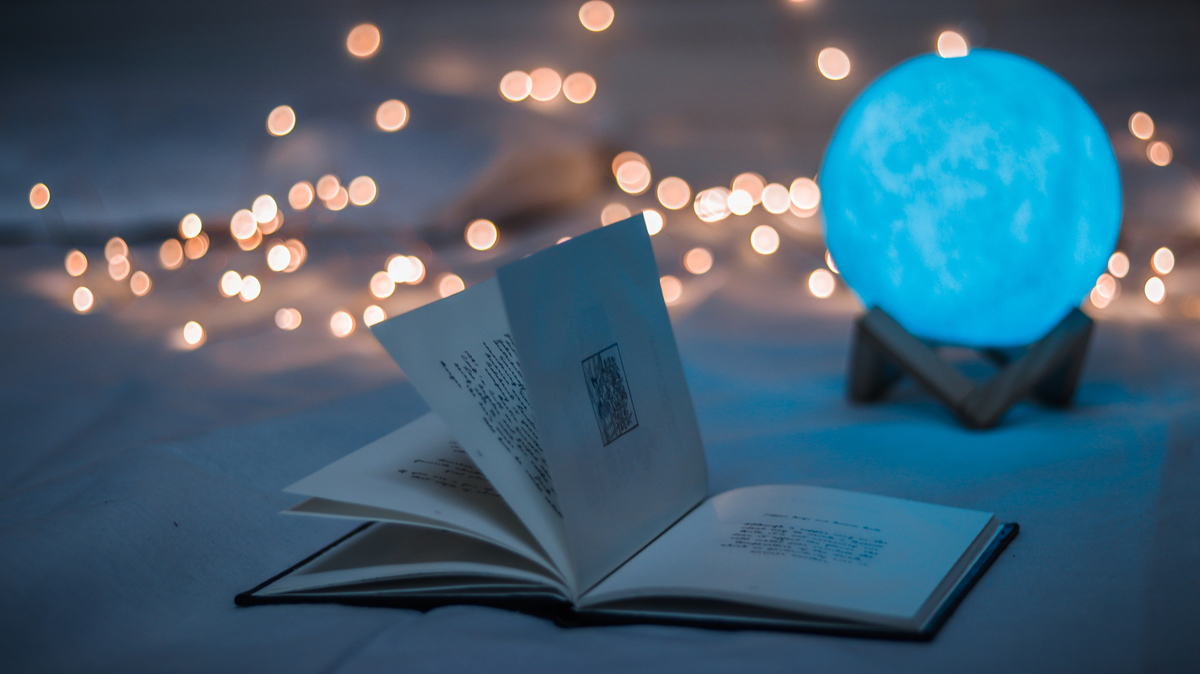What is Fiction Poetry, and How Can I Write it?
Poetry is often reflective and pulls from the writer’s own thoughts and experiences. Some poets break their collections into sections, with distinct parts that all play into an overarching theme. But what if we were to create poetry that draws from imagined worlds and experiences? What about fiction poetry?
What Does Fiction In Poetry Look Like?
According to Edward Hirsch in A Poet’s Glossary, a verse novel—one of the most common forms of fiction poetry—“filters the devices of fiction through the medium of poetry.” Verse novels encompass many different genres, such as autobiographies, historical fiction, young adult fiction, science fiction, and more. Verse novels can expand your poetic horizons, allowing you to explore a specific character arc, story, or event in a new way. Unlike a traditional poetry collection, fictional poetry often reads more like a novel, with all of the stanzas and verses telling a larger narrative.
Examples of Verse Fiction
Below are two examples of verse novels from different genres: young adult fiction and historical fiction. Each author’s unique style and poetic voice brings their novel to life. No matter which genre of poetic fiction you choose for inspiration, there is always something to glean from the way different writers introduce fictional elements into their poetry.
The Poet X by Elizabeth Acevedo
This young adult novel by Acevedo tells the story of a young girl named Xiomara who embarks on a journey of self-discovery, exploring her love of poetry despite rising family tensions. It’s a beautiful coming-of-age verse novel that allows readers to walk alongside Xiomara as she steps out of her comfort zone and into her own courageous, poetic voice. Published in 2020, this is a great contemporary book to dive into if you are new to the genre. Its characters are deeply relatable and it is sure to resonate with modern poets in a big way, whether they are veteran writers or poetry newcomers.
Out of the Dust by Karen Hesse
Originally written in 1997, this historical fiction novel is set in rural Oklahoma and details the life of fourteen-year-old Billie Jo and her family as they navigate the devastating aftermath of hardship. A favorite in classrooms everywhere, Out of the Dust is a poignant and profound novel that explores the depths of emotion and the courage it takes to persevere through tough times.
As you read more verse novels, you’ll start to see their role in the world of poetry and how they can be an exciting concept for every poet with a love for fiction.
Getting Started With Writing Fictional Poetry
A good place to start is to read several examples of verse fiction to see how they may differ—and share commonalities—across genres. Exposing yourself to different styles and writers may help you get a feel for the structure and composition of verse novels.
While poetry typically draws on the writer’s own experiences, fictional verse novels open up the door for you to create a whole new world. Fictional poetry can also give you new, creative ways to express yourself poetically while also borrowing some of the elements that you love from fictional works.
Once you’ve gotten a feel for your subject matter and genre, the brainstorming process can begin. You may want to take the time to map out the rising action, climax, and falling action of your story—something you might not be used to doing with other types of poetry. You may also spend more time developing concepts and characters in the early stages of your novel.
Ultimately, poetic fiction brings two writing worlds together and allows you to expand upon your poetic foundation as you build an exciting new page-turner through your very own novel. I hope this article has inspired you to check out verse novels, and maybe even try creating one of your own.




